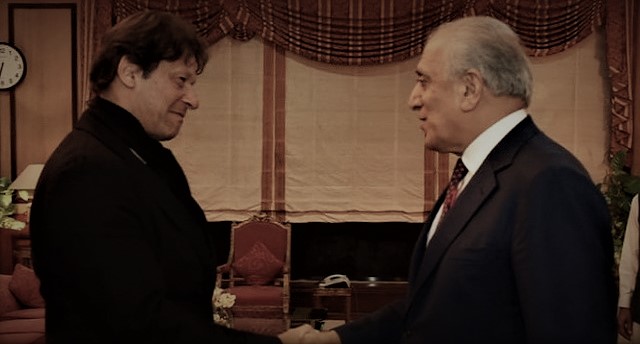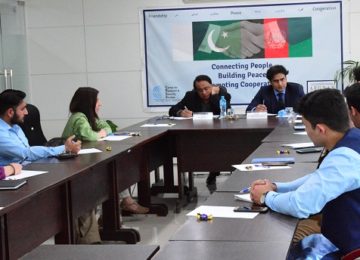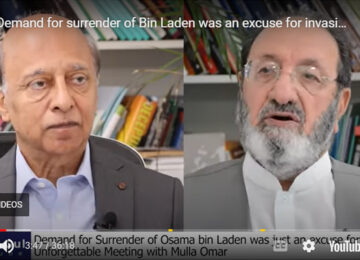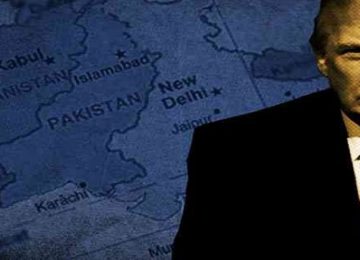October 29, 2019

Zalmay Khalilzad, US diplomat and peace envoy, called on Pakistan’s Prime Minister Imran Khan yesterday, in an effort to revive the Afghan peace process – suffering an impasse since US President Trump pulled out of the peace talks last month, when Washington and Taliban were just about to conclude the deal.
The attempts to bring the two sides back to the negotiating table are witnessing Taliban’s resistance to a ceasefire, as the key impediment to the resumption of the talks. Against this backdrop, Khalilzad once again landed in Islamabad, which has been the crucial facilitator of the peace process.
During the meeting, PM Imran Khan stressed on all stakeholders for tangible measures, working towards violence reduction in the war-torn country and reinstated Pakistan’s support to the Afghan peace and reconciliation process – initiated last year.
PM Khan also emphasized the need to ward off any effort which could undermine the peace process and progress made so far. He also urged overcoming the obstacles for achieving long-term, durable and sustainable peace in Afghanistan, which is in the best interest of Pakistan.
The recent visit of Khalilzad was preceded by another, in the start of this month, during which he also met Mullah Abdul Ghani Baradar, who was leading the Taliban delegation.
All the important actors involved in the peace process i.e. Pakistan, Russia and China urged the US to resume talks with the Taliban, as negotiations is the only viable option. A consensus was also observed at the four-party moot, recently held in Moscow, comprising Pakistan, Russia, China and the US, that reduction in violence by all sides was crucial to move forward towards peace.
The recent visit by Khalilzad has aroused hope among the officials and diplomatic circles, as Khalilzad also met Afghan President Ashraf Ghani, which is considered to be taking Afghan leadership into confidence about the resumption of talks with Taliban. It is pertinent to that Taliban considers Afghan government a US puppet and insisted to talk to the Afghan government only once the deal was struck with the US regarding the timetable for troops withdrawal. Afghan government also viewed the peace process, excluding almost all political Afghan factions, with skepticism. However, after fresh elections, it is yet to be seen how the new government in Kabul perceives the peace talks and responds to the ground realities in this regard.
The report is compiled by Tooba Altaf who is working as a Researcher at Afghan Studies Center (ASC).
© Center for Research and Security Studies (CRSS) and Afghan Studies Center (ASC), Islamabad.








